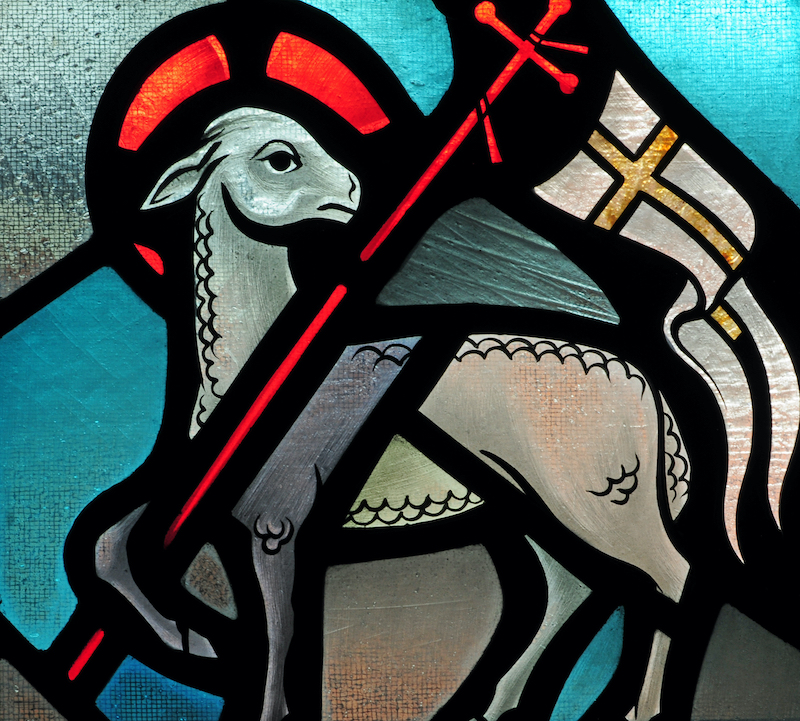I confess that I spend too much time obsessing about the past and worrying about the future. As a cancer survivor, I should know better. The past is past; we can cherish its memories, we can learn from its hardships, but it need no longer have power over us. Likewise, none of us can predict the future. Someone once quipped: “We plan, God laughs.” It is wise, even fun, to make plans, set goals, and dream dreams, so long as we recognize that they come with no guarantees. We are called to live in the present moment, savoring it as a precious gift from God. The practice of living in the present moment is sometimes called mindfulness. Mindfulness is another name for meditation. In a book aptly titled Mindfulness, Mark Williams, a professor of clinical psychology at Oxford University, and Danny Penman, a journalist and biochemist, offer practical exercises for learning how to live in the present moment. One exercise that I find amusing, but helpful, is called, “The Raisin Mediation.” Pick up a single raisin, feel its texture, size, and weight in your hand; move it around between your thumb and index finger; examine its folds and ridges, its color, its scent; place it on your tongue for thirty seconds or more, without chewing it. Move it around in your mouth, begin to chew it, noticing its texture and taste. Finally, swallow it; does its flavor remain on your tongue? It may seem silly to spend ten minutes contemplating a raisin, but compare that experience to hours of ruminating about how someone slighted you five years ago, or being unable to sleep because worries about the COVID-19 virus are constantly looping around in your mind. Mindfulness is not meant to dismiss the serious concerns we carry, rather it is meant to put things into perspective and to focus our energies on the now and on the blessings God offers to us in this moment.
On Palm Sunday we started started Holy Week with a prayer: “Assist us mercifully with your help, O Lord God of our salvation, that we may enter with joy upon the contemplation of those mighty acts, whereby you have given us life and immortality; through Jesus Christ our Lord.” On this Maundy Thursday, I invite you to practice mindfulness. Spend some time, perhaps in a sacred space that you have set up in your home, focusing on the water you have placed in a bowl for foot washing. Notice its temperature, notice the way it is displaced and then pools around the foot and ankle of the person whose feet are being washed. What kind of sound does it produce? What does it smell like? As you wash the person’s feet, think about who they are and what they mean to you. Notice the color of the towel, its texture; feel the pressure of the towel against the person’s foot as you dry it. Reflect on the love and connection you share, give thanks for this gift. If it is not practical for you to do foot washing, practice mindfulness by meditating on John’s account of Jesus washing his disciples’ feet. Be in the moment. These three days provide us with opportunities to practice mindfulness. As we do, we realize God’s presence with us— to calm our anxious minds, to comfort, to reassure, to love, to forgive, and to give us new life in this moment, right now. God’s peace and joy be with you! Remember to worship with us online via Zoom at noon on Good Friday and at 10:30 a.m. on Easter Day. Listen to the audio sermons and music and join in solidarity with our sisters and brothers in faith by worshipping at home using the home resources worship guide posted on our website.
Peace,
Ray Hanna
Interim Rector

